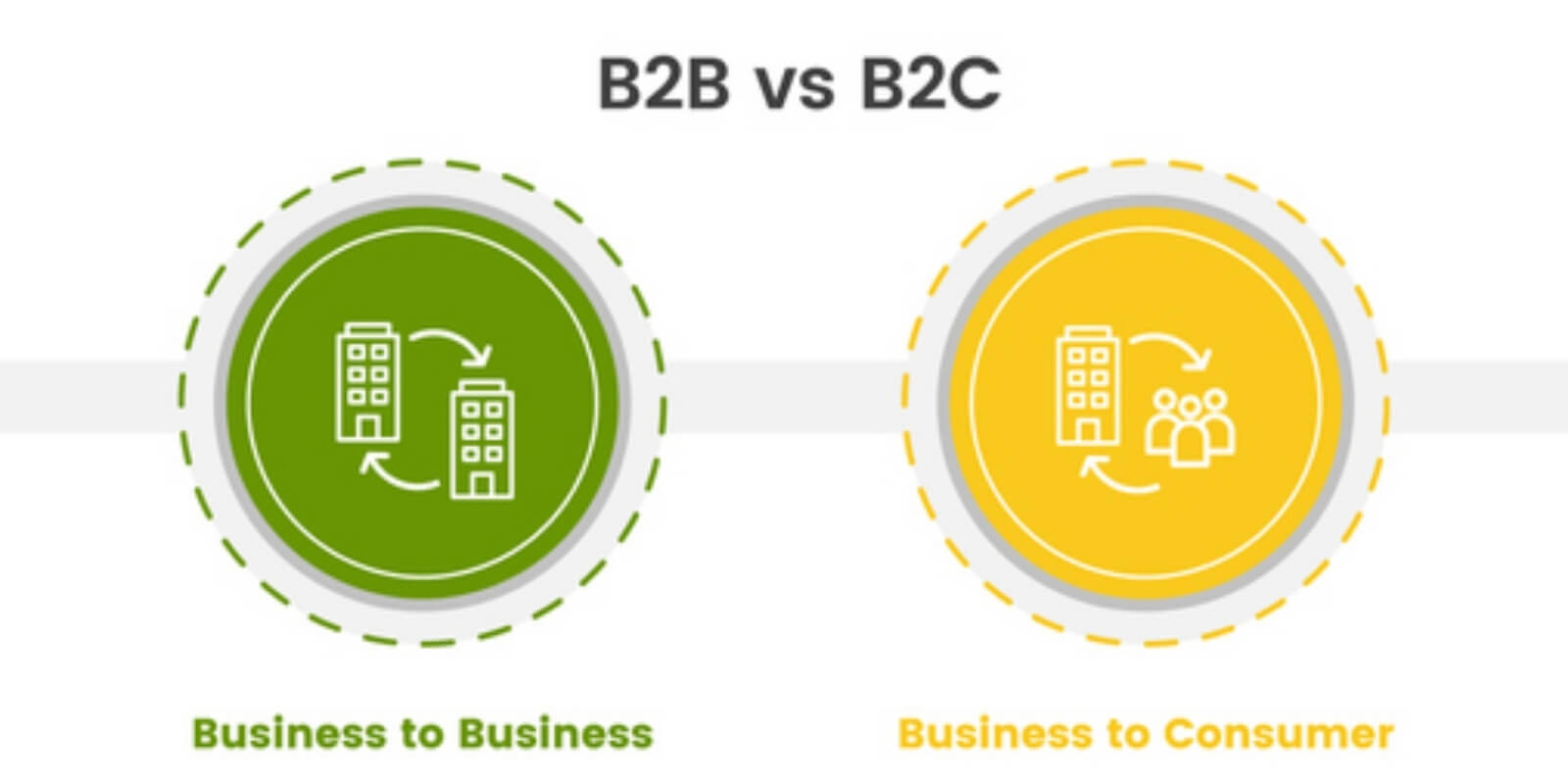| Beirut, Lebanon — Jul 27, 2024
The Difference Between B2B and B2C Marketing
Marketing is never a one-size-fits-all strategy. The methods used to attract and engage other businesses are different from those designed to capture the attention of individual consumers. Understanding the difference between business-to-business (B2B) and business-to-consumer (B2C) marketing is critical for organizations seeking to maximize their impact and return on investment. Both approaches share the common goal of driving sales and brand growth, but the way they achieve these goals varies significantly. B2B marketing focuses on selling products or services to other companies. These transactions are often high-value, complex, and involve multiple decision-makers. The target audience is professionals who evaluate solutions based on efficiency, cost-effectiveness, and long-term value. In contrast, B2C marketing is directed at individual customers who typically make quicker decisions, often driven by emotions, desires, or lifestyle preferences. One of the key differences lies in the decision-making process. B2B purchases are usually rational and research-driven. Buyers take their time to evaluate features, pricing models, and how the solution aligns with their company’s goals. White papers, case studies, and product demos are common tools to influence these decisions. On the other hand, B2C purchases are more impulsive and emotionally influenced. Consumers are attracted by discounts, brand reputation, convenience, and aspirational messaging. Marketing campaigns here often rely on visuals, storytelling, and social media engagement. The length of the sales cycle is another major distinction. B2B sales cycles can span weeks or even months because they require approval from multiple stakeholders. This extended timeline demands a nurturing approach, with consistent follow-ups and valuable content that guides prospects through each stage. In contrast, B2C sales cycles are much shorter. A compelling advertisement, an influencer recommendation, or a limited-time offer can prompt an immediate purchase decision. Communication style also varies between the two. B2B communication tends to be formal, data-driven, and focused on building professional credibility. It emphasizes logical arguments and measurable benefits. B2C communication is more casual, engaging, and focused on entertainment or emotional appeal. The goal is to connect with consumers on a personal level, often through relatable content and accessible language. Another key factor is brand loyalty. In B2B marketing, building long-term relationships is essential. Businesses want reliable partners that can deliver consistent value over time. Once trust is established, these partnerships can lead to recurring contracts and referrals. In B2C marketing, loyalty is often harder to secure. Consumers are more likely to switch brands based on price, convenience, or trends. To combat this, B2C companies invest heavily in customer experience, personalized offers, and loyalty programs. Digital platforms have blurred some of these lines, but the fundamental differences remain. Social media, for example, is a valuable tool for both B2B and B2C, yet the strategies differ. B2B brands use platforms like LinkedIn to share industry insights and position themselves as thought leaders. B2C brands leverage platforms like Instagram, TikTok, and Facebook to showcase products, entertain audiences, and build emotional connections. Ultimately, the choice between B2B and B2C marketing does not mean one is better than the other. It depends on the type of audience a business serves. What matters most is recognizing the unique dynamics of each and tailoring strategies accordingly. Companies that understand these differences are better equipped to create meaningful campaigns that resonate with their audience, whether they are boardroom executives or everyday consumers.
